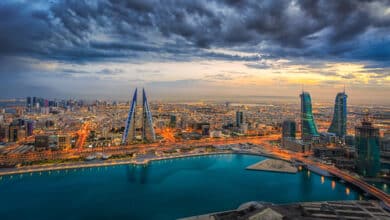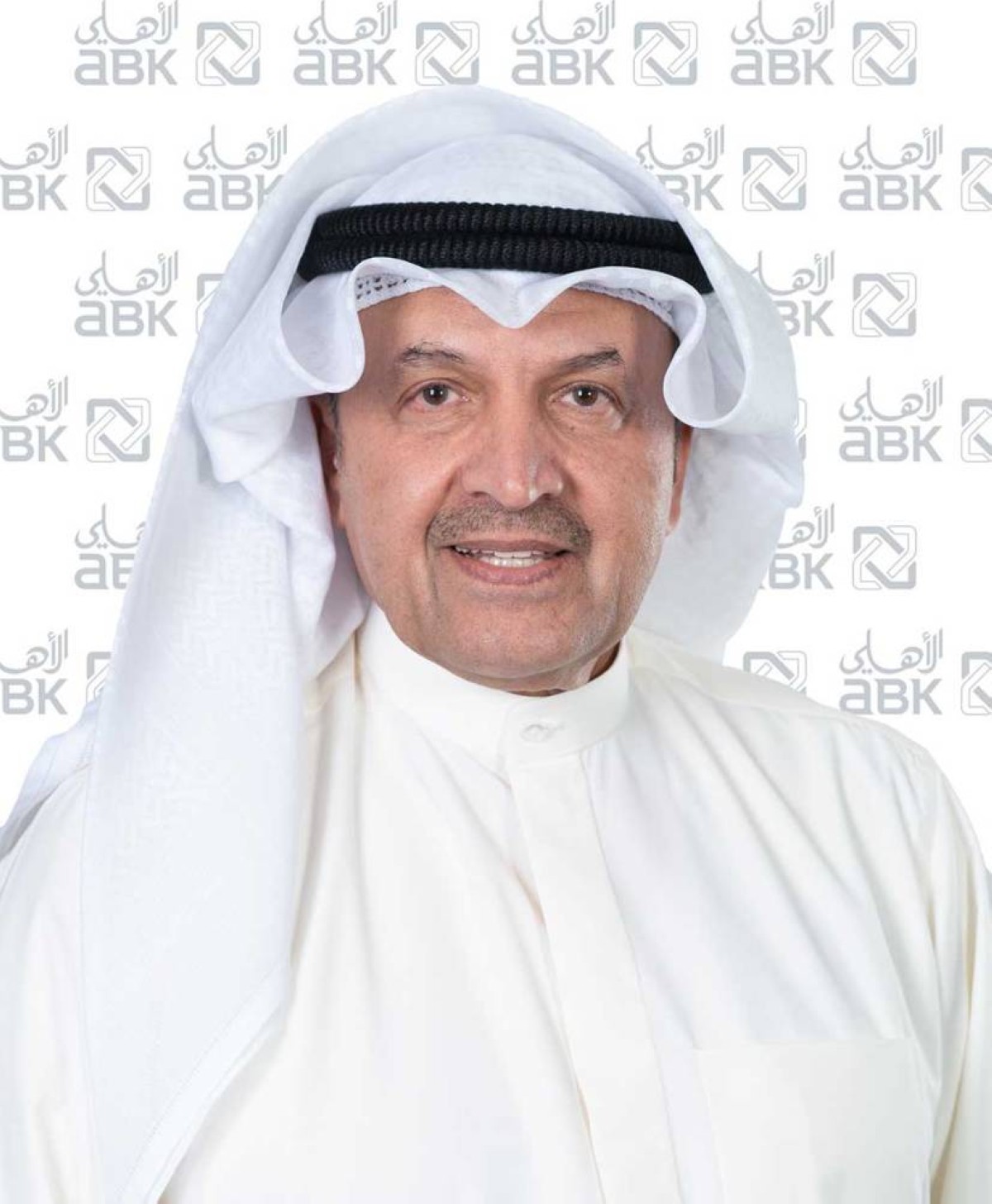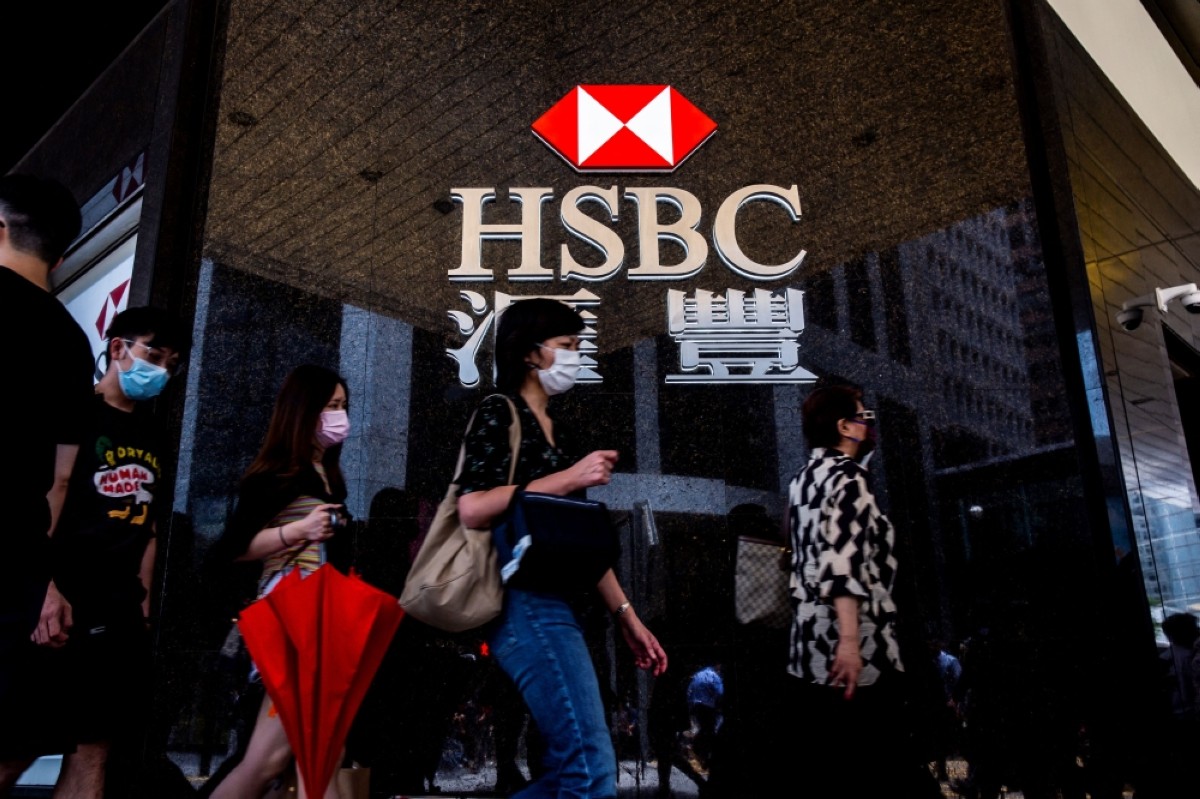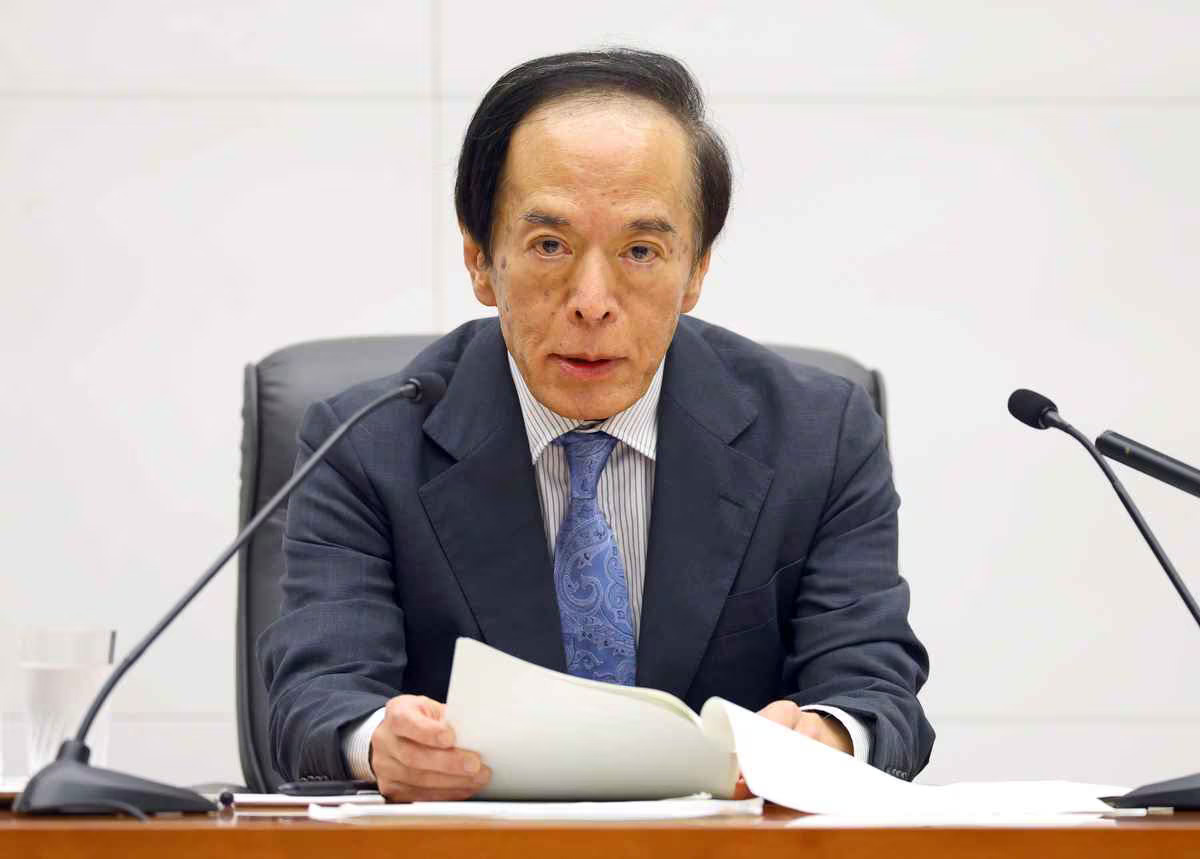IMF: Bahrain’s economy on strong footing, expanded by 4.9% in 2022
MANAMA: Bahrain’s economy is on a strong footing as it grew at its fastest pace in a decade since 2022, driven by continued fiscal reforms and improved finances amid higher oil prices, the International Monetary Fund said.

Clouds hover over an aerial view of newly constructed areas in Manama, Bahrain.
The kingdom’s economy, which expanded by 4.9 per cent in 2022, spurred by a 6.2 per cent surge in non-oil gross domestic product, is projected to moderate to 2.7 per cent in 2023, the IMF said in a statement at the conclusion of Article IV consultations with Bahrain. Non-oil GDP this year is expected to moderate to 3.3 per cent, reflecting “fiscal consolidation, higher interest rates, and a base effect from 2022 strong growth.”
The overall economic growth is projected to stabilize at about 2.7 per cent over the medium term. However, “significant uncertainty clouds the forecast, including from oil price volatility, international financial turmoil and ongoing tightening, and a slowdown in global growth,” the Washington-based fund said. Bahrain, the smallest economy in the six-member GCC economic bloc, has bounced back strongly from the pandemic-induced slowdown, driven by robust growth in its non-hydrocarbon economy. The non-oil sector’s contribution to real GDP reached an all-time high at 83.1 per cent last year.
Higher oil prices following Russia’s military assault on Ukraine also supported its economy. In May, S&P Global Ratings affirmed Bahrain’s credit rating and maintained the kingdom’s positive outlook on reform momentum and continued financial sector stability. The rating agency affirmed Bahrain’s long and short-term foreign and local currency sovereign credit ratings at B+/B, which indicates the country will be able to meet its financial commitments. With the economic recovery well under way, the state budget deficit declined significantly, narrowing to 1.2 per cent of GDP in 2022, from 6.4 per cent in 2021. Bahrain’s overall fiscal deficit declined from 11 per cent to 6.1 per cent of GDP.
Government debt also declined to 117.6 per cent of GDP in 2022 from 127.1 per cent of GDP in 2021, underpinning the improving financial stability of the kingdom, the IMF said. IMF directors welcomed the authorities’ “continued commitment to implementing reforms under the Fiscal Balance Programme, including the progress so far to enhance non-hydrocarbon revenue mobilization and the continued spending restraint”. To strengthen its economy, Bahrain unveiled a major economic reform plan in 2021 that seeks to invest about $30 billion in strategic projects to drive post-coronavirus growth, boost employment for citizens and attract foreign direct investment.
As per the multi-year plan, the government adopted cost rationalization measures and aims to create more than 20,000 jobs for citizens annually and train 10,000 people through its Tamkeen program. The IMF encouraged the authorities to continue improving labor market flexibility and empowering women, as well as leveraging opportunities from regional integration. The fund also said that the exchange rate peg “continues to serve Bahrain well as a monetary anchor”. Fiscal consolidation and structural reforms will support the kingdom’s external position, while its monetary policy should continue to follow the US Federal Reserve. Bahrain’s banking system is healthy with ample buffers and has so far withstood the phasing out of Covid measures and tightening financial conditions, the IMF said.












